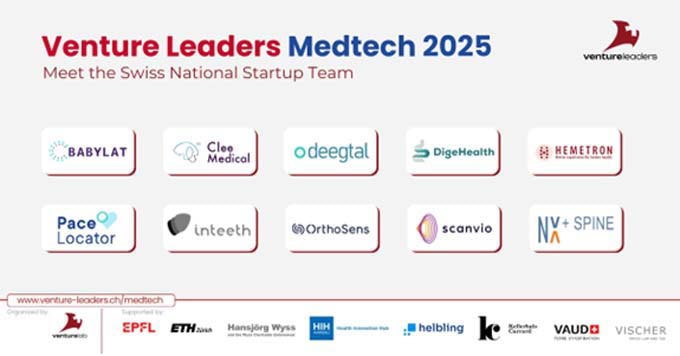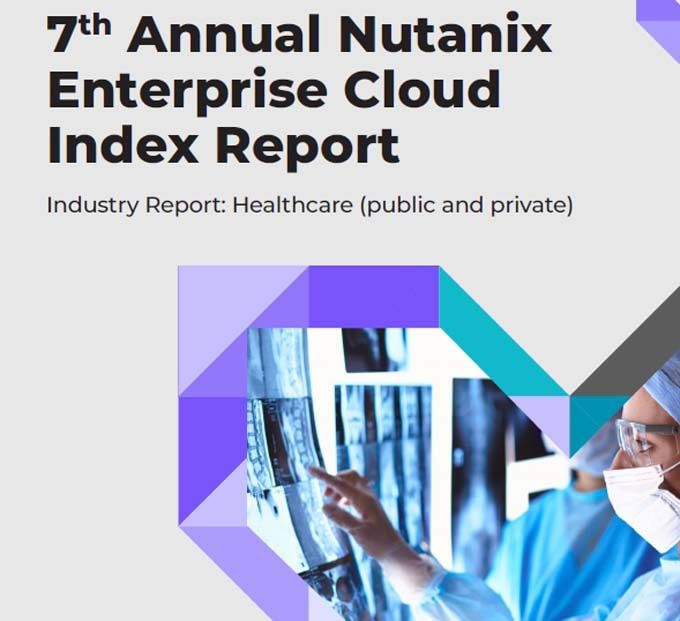Swiss pension commitments continue to have high coverage
After a strong first quarter of 2025, the funding of Swiss pension commitments in company balance sheets declined slightly in the second quarter of 2025. According to the WTW Pension Index, the funding ratio fell by 1.3 percentage points to 124.2 %.

According to the WTW Swiss Pension Finance Watch for the second quarter of 2025, Swiss pension commitments continue to have high coverage despite a decline in the second quarter and global volatility. Assets remained largely unchanged in the second quarter of 2025, while obligations increased by 1.0 % due to the slight decrease in discount rates. As a result, the funding ratio (i.e. the ratio of pension assets to pension obligations) deteriorated by 1.3% in the second quarter, as shown by the WTW Pension Index. It fell from 125.5 % as at March 31, 2025 to 124.2 % as at June 30, 2025.
Corporate bonds were volatile in the second quarter, but ultimately the discount rate changed only slightly over the quarter, falling by 3 basis points. This had only a modest impact on pension obligations in corporate balance sheets. Asset markets were also volatile over the quarter, with typical pension fund asset classes falling by around 5 % in the first week of the second quarter, but then recovering to close the quarter virtually unchanged.
Resilience despite headwinds: Swiss pension funds remain financially stable
After a sharp increase in the first quarter of 2025 and a slight decrease in the second quarter of 2025, the discount rate has leveled off at around 1.20 %.
"Swiss pension funds continue to have strong financial positions. The general resilience of the system continues to be supported by proven investment strategies and careful risk management. The latter is characterized by timely adjustments to parameters such as conversion rates and the technical interest rate over the last five to ten years. On average, the fluctuation reserves are still almost fully covered and provide a valuable buffer against possible future market volatility," comments Adam Casey, Head of Corporate Retirement Consulting at WTW in Zurich.
Possible shift to investments with higher risks
In June, the Swiss National Bank lowered its key interest rate to 0.00 %. The European Central Bank followed suit and reduced its key interest rate by 25 basis points to 2.00 %. The US Federal Reserve (Fed), on the other hand, kept its key interest rate unchanged at 4.25 to 4.50 %, although the markets continue to expect further interest rate cuts in the course of the year.
The first part of the year was characterized by rising geopolitical tensions, including trade disputes, conflicts in the Middle East and increasing friction between the US and China. These developments led to significant market volatility in the first quarter, with the recent rise in oil and commodity prices reflecting the prevailing uncertainty. These trends continued in the second quarter, with the USA announcing far-reaching tariff increases, which led to strong market fluctuations. However, the stock markets recovered noticeably in June.
"Against a backdrop of ongoing uncertainty, many institutional investors such as pension funds have increasingly turned to alternative investments such as private equity, infrastructure and real assets - a strategy aimed at diversification and risk mitigation, particularly in light of falling bond yields. Accordingly, we advise pension funds to review their strategic asset allocation and, if necessary, replace traditional bond investments with other bond instruments," says Alexandra Tischendorf, Head of Investment at WTW Switzerland. "A highly diversified portfolio with a balanced risk exposure to the various economic sectors remains important," she continues.
Source: WTW
This article originally appeared on m-q.ch - https://www.m-q.ch/de/schweizer-pensionszusagen-verfuegen-weiterhin-ueber-hohe-deckung/


















 Being human
Being human



 From social media campaigns to non-profit campaigns, from corporate films to B2B magazines: a total of 93 outstanding content marketing projects in 32 categories have made it onto the shortlist for this year's Best of Content Marketing Awards, giving them the chance to win a gold award at the BCM event in Munich on October 9. Three of them come from Switzerland.
From social media campaigns to non-profit campaigns, from corporate films to B2B magazines: a total of 93 outstanding content marketing projects in 32 categories have made it onto the shortlist for this year's Best of Content Marketing Awards, giving them the chance to win a gold award at the BCM event in Munich on October 9. Three of them come from Switzerland.